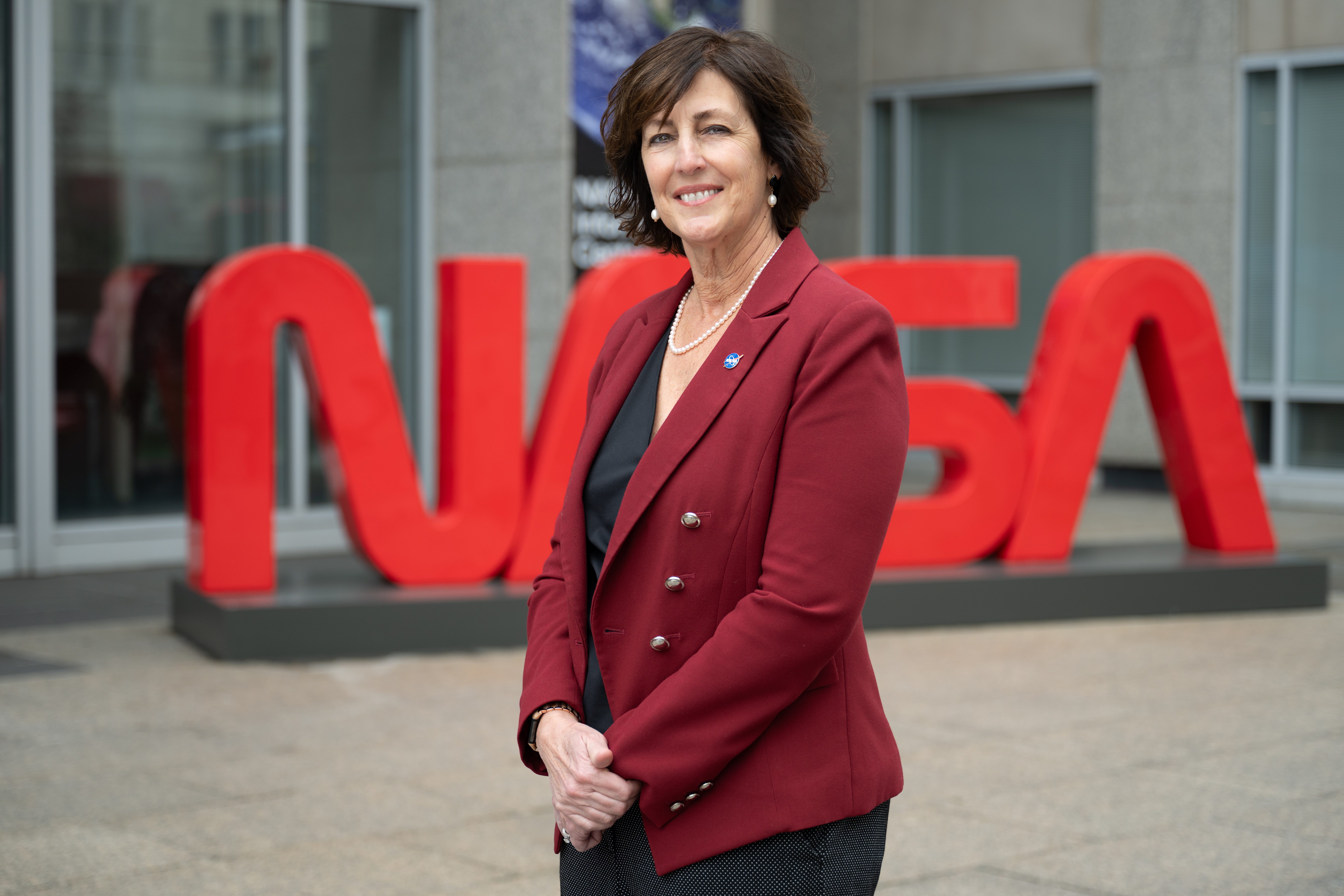
The finalists for WashingtonExec’s 2024 Pinnacle Awards were announced Sept. 20, and we’ll be highlighting some of them until the event takes place live, in-person Nov. 21.
Next is Robyn Gatens, director of the International Space Station and acting director of the Commercial Spaceflight Division within the Space Operations Mission Directorate at NASA, and finalist in the Space Executive of the Year, Government, category. Here, she talks about recent achievements, shares career advice and more.
What key achievements did you have in 2024?
My key achievement in 2024 is leading NASA’s Low Earth Orbit (LEO) Microgravity Strategy. My vision for this strategy is leading the next generation of human presence in LEO to advance microgravity science, technology, and exploration; and it contains our high-level goals and objectives that will drive NASA’s plans and requirement for the next generation of commercial space stations in LEO. This is a vital step to ensure we have the right program plans and requirements as NASA partners with industry to develop next-generation commercial space stations and services. It is critical that we have a strategy that ensures a continuous human presence in LEO. Also, I’m working with our international space agency partners to ensure we plan for a future in LEO that addresses their goals and objectives, and enables us to continue to collaborate and explore together.
What are your primary focus areas going forward, and why are those so important to the mission?
As the leader of the International Space Station (ISS) and Commercial Space Divisions, my focus is to drive the synergies and overall strategy to enable both the current operations and the evolving commercial space economy.
Since 2000, the ISS has evolved from an outpost into a highly capable microgravity R&D national lab. Results are compounding, new benefits are emerging, and the third decade, the “Decade of Results” is building on research. We want to ensure we continue to get all we can out of this amazing platform, while at the same time planning for seamless transition to next generation commercial space stations and services in LEO.
Are there any future initiatives that you are excited to talk about?
We are working on initiatives including a future “Institute” that will continue the role the ISS National Lab (ISS NL), but adapted for a post-ISS commercial LEO ecosystem of multiple platforms for microgravity research. I co-chair the LEO Science and Technology Interagency Working Group, which is working toward a “whole of government” approach to space research. We are beginning to see a growing interest from other government agencies, such as National Science Foundation and National Institutes of Health, in space research to support their missions. It’s exciting to see agencies collaborating to solve some of the world’s biggest challenges, such as curing disease.
What is your best career advice for those who want to follow in your footsteps?
You never know where your journey will take you, or the impact you may have on others. Don’t worry about plotting out the perfect plan, say yes to open doors and opportunities and keep learning along the way.
Fun Fact: What is something about you that most people do not know?
My husband, Dennis, and I enjoy boating and winemaking, and split our time between our “land house” and the boat, which we keep at the DC Wharf.

